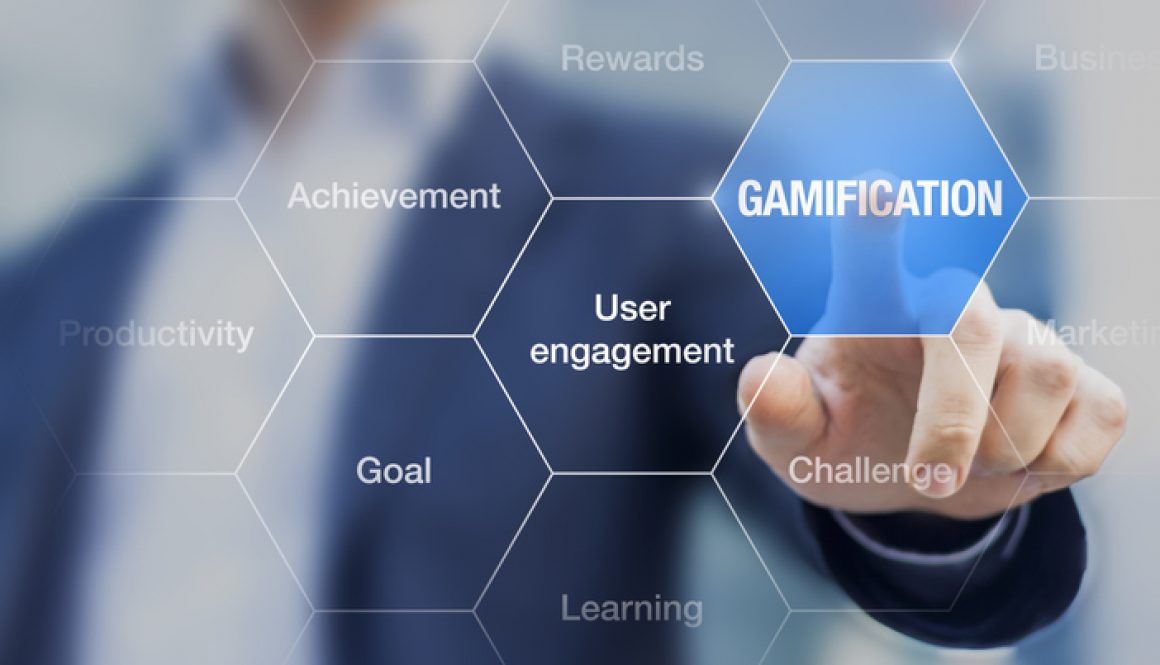Elevating Sales Performance
In the fast-paced realm of sales, ensuring robust user engagement with Salesforce is pivotal for optimizing the benefits of this powerful tool. This case study delves into how a strategic gamification approach not only increased user activity but also significantly improved the close-won ratio and strengthened client relationships.
The Challenge:
Our client had implemented Salesforce to streamline their sales processes, but despite the platform’s robust features, user engagement wasn’t reaching its full potential. Sales representatives were primarily focused on traditional key performance indicators (KPIs) tied to quotes and revenue, leading to underutilization of Salesforce for other critical activities.
The BTS Solution:
Identifying the necessity for an innovative approach, I introduced a gamification strategy aimed at amplifying user engagement. The concept involved converting mundane sales activities into a game, offering incentives to sales representatives for each documented action in Salesforce. Point systems were established, attributing 10 points for a logged call, 2 points for an email entry, 20 points for a demo recorded in Salesforce, and 1 point for updating each field on Contact/Account. This not only added a competitive element but also ensured the maintenance of clean and accurate Salesforce data.
Implementation:
After obtaining approval from all team members, I created a public dashboard on Salesforce, offering real-time visibility into each participant’s points. The competitive nature of sales representatives was leveraged by introducing a daily competition, where the top performer received a symbolic reward at the end of the quarter.
Results:
The impact of the gamification strategy was immediately evident. In just one quarter:
- The number of calls logged increased by an impressive 212%.
- Emails logged saw a remarkable uptick of 166%.
- The number of new opportunities increased by 30%.
The competitive spirit instilled by the game motivated sales reps to consistently outperform each other. What started as a fun competition for a small reward evolved into a powerful driver of increased Salesforce engagement.
Long-Term Benefits:
As the gamification strategy continued over the year, an unexpected and highly positive outcome emerged. A comprehensive report revealed that 60% of opportunities opened during the gamification period were closed-won. This significant improvement in the close-won ratio demonstrated that the increased engagement not only impacted the quantity of activities but also had a tangible effect on the quality of deals.
Conclusion:
The success of this Salesforce gamification case study underscores the transformative power of creative solutions in addressing user engagement challenges. By tapping into the competitive nature of sales reps and providing real-time visibility into their activities, we not only increased Salesforce usage but also elevated the quality of client interactions, resulting in a substantial boost in closed-won opportunities. This case study serves as a testament to the potential of gamification in enhancing user engagement and driving positive outcomes in a sales-driven environment.
In addition to the immediate gains in user engagement and the remarkable improvement in the close-won ratio, the long-term benefits of the Salesforce gamification strategy were profound. The sustained engagement fostered by the gamified approach ensured that sales representatives continued to actively use Salesforce even after the conclusion of the game. Consequently, the company experienced a positive ripple effect throughout its operations, with consistent and accurate data input enhancing the integrity of the Salesforce database. This, in turn, paved the way for the generation of more precise and insightful reports and dashboards. The leadership team could now make data-driven executive decisions with confidence, relying on a comprehensive and up-to-date view of the sales pipeline and performance metrics. In essence, what began as a playful competition evolved into a catalyst for lasting change within the organization, laying the foundation for a culture of ongoing Salesforce engagement and setting the stage for continued success in the dynamic world of sales.


